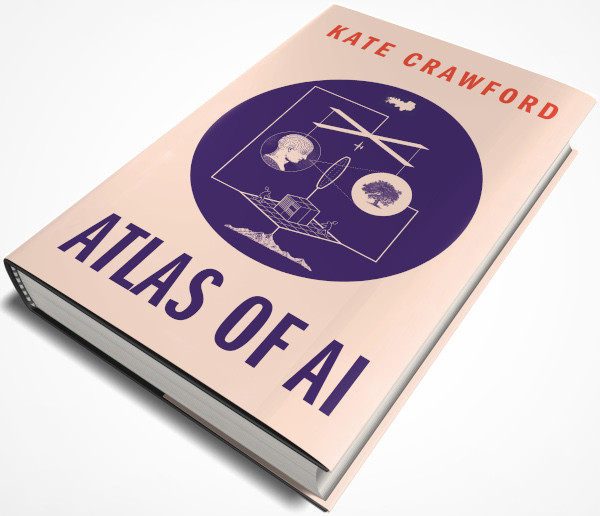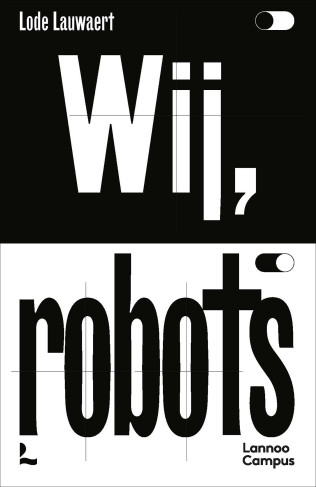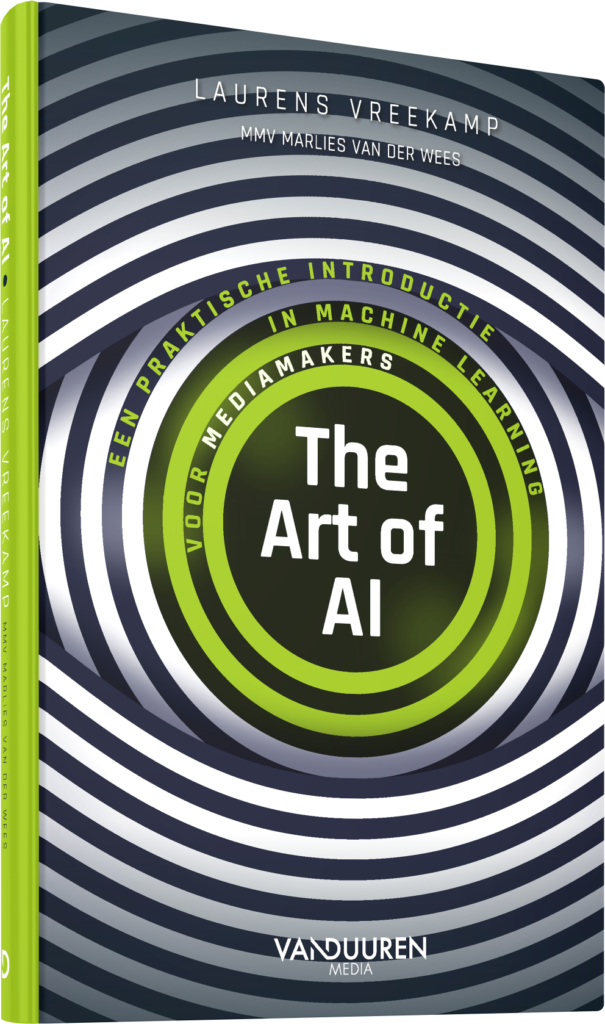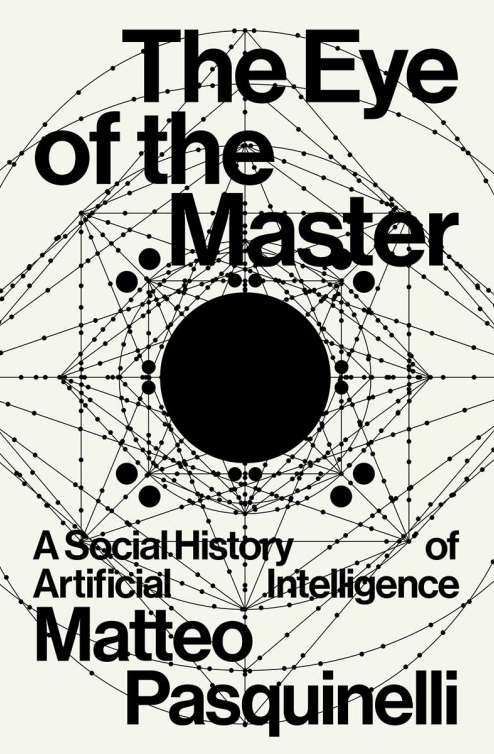Boeken
Atlas of AI - Kate Crawford
A history of the data on which machine-learning systems are trained through a number of dehumanizing extractive practices, of which most of us are unaware.
In Atlas of AI: Power, Politics, and the Planetary Costs of Artificial Intelligence Crawford reveals how the global networks underpinning AI technology are damaging the environment, entrenching inequality, and fueling a shift toward undemocratic governance. She takes us on a journey through the mining sites, factories, and vast data collections needed to make AI "work" — powerfully revealing where they are failing us and what should be done.
Wij robots - Lode Lauwaert
A philosophical view on technology and AI.
When discussing technology and AI, the image often arises of a future with malevolent, hyper-intelligent systems dominating humanity. Wij, robots, however, focuses on what is happening right before our eyes: (self-driving) cars, smartphones, apps, steam engines, nuclear power plants, computers, and all the other machines that we surround ourselves with.
This book raises fundamental questions about the impact of new and old technology. Is technology neutral? Are we sufficiently aware that Big Tech knows our sexual orientation, philosophical preferences, and emotions? And since the digital revolution, is the world governed by engineers, or are their inventions merely a product of society?
Art of AI - Laurens Vreekamp
A practical look at how the creative process and AI go hand in hand, outlining the opportunities and dangers of artificial intelligence.
Automatically searching images in your own archive. Editing podcasts as if you were modifying a text in Word. Generating illustrations with text, coming up with alternative headlines for your article, or creating automatic transcriptions of dozens of audio recordings simultaneously; the possibilities of AI are endless.
In The Art of AI, authors Laurens Vreekamp and Marlies van der Wees take a practical look at how the creative process and AI go hand in hand, outlining the opportunities and dangers of artificial intelligence. This book is accessible even if you have no programming knowledge, mathematical aptitude, or a preference for statistics.
The Eye of the Master - Matteo Pasquinelli
What is AI? A dominant view describes it as the quest "to solve intelligence" - a solution supposedly to be found in the secret logic of the mind or in the deep physiology of the brain, such as in its complex neural networks. The Eye of the Master argues, to the contrary, that the inner code of AI is shaped not by the imitation of biological intelligence, but the intelligence of labour and social relations, as it is found in Babbage's "calculating engines" of the industrial age as well as in the recent algorithms for image recognition and surveillance.




